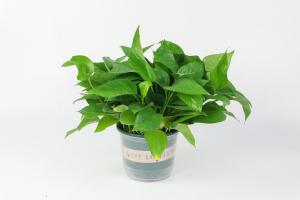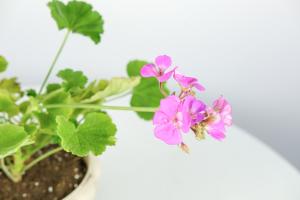What is a Water Recycling Plant?
A water recycling plant, also known as a water reclamation plant or water treatment plant, is a facility that takes wastewater and purifies it so that it can be safely reused. The goal of these facilities is to reduce the amount of water that is wasted and to conserve natural resources.
How Does a Water Recycling Plant Work?
The process of water recycling involves several stages, each with its own set of treatments. The first stage is called primary treatment, which involves removing any debris or solids from the water through filtration and sedimentation. Next, the water undergoes a series of biological treatments that remove organic matter and harmful bacteria. Finally, the water is disinfected using chemicals or ultraviolet light before being released back into the environment or reused for non-potable purposes.
What Are the Benefits of Water Recycling Plants?
Water recycling plants have several benefits, including reducing the strain on freshwater resources, reducing the amount of wastewater that is discharged into the environment, and reducing the energy and cost required to produce clean water. Additionally, water recycling can provide a sustainable source of non-potable water for a wide range of industries, such as agriculture and manufacturing.
Examples of Water Recycling Plants
There are many water recycling plants around the world, each with its own unique design and purpose. For example, the Orange County Water District in California operates the world's largest water recycling facility, which can treat up to 100 million gallons of wastewater per day. The facility uses a combination of advanced treatment techniques, including reverse osmosis, to produce water that is of higher quality than many sources of potable water.
Another example is the Singapore Water Reclamation Plant, which is known for its innovative water reuse systems. The plant uses a combination of advanced treatment technologies, including membrane bioreactors and ultraviolet disinfection, to produce high-quality recycled water that is used for a range of non-potable purposes, such as industrial cooling and landscaping.
Conclusion
Water recycling plants play a critical role in helping to conserve natural resources and reduce the impact of human activity on the environment. By reusing wastewater, these facilities can provide a sustainable source of non-potable water for a wide range of industries, while reducing the amount of water that is wasted and the energy and cost required to produce clean water. As the demand for freshwater continues to grow, water recycling will become an increasingly important solution for meeting our water needs in a sustainable and responsible way.

 how many times do yo...
how many times do yo... how many planted tre...
how many planted tre... how many pine trees ...
how many pine trees ... how many pecan trees...
how many pecan trees... how many plants comp...
how many plants comp... how many plants can ...
how many plants can ... how many plants and ...
how many plants and ... how many pepper plan...
how many pepper plan...
































